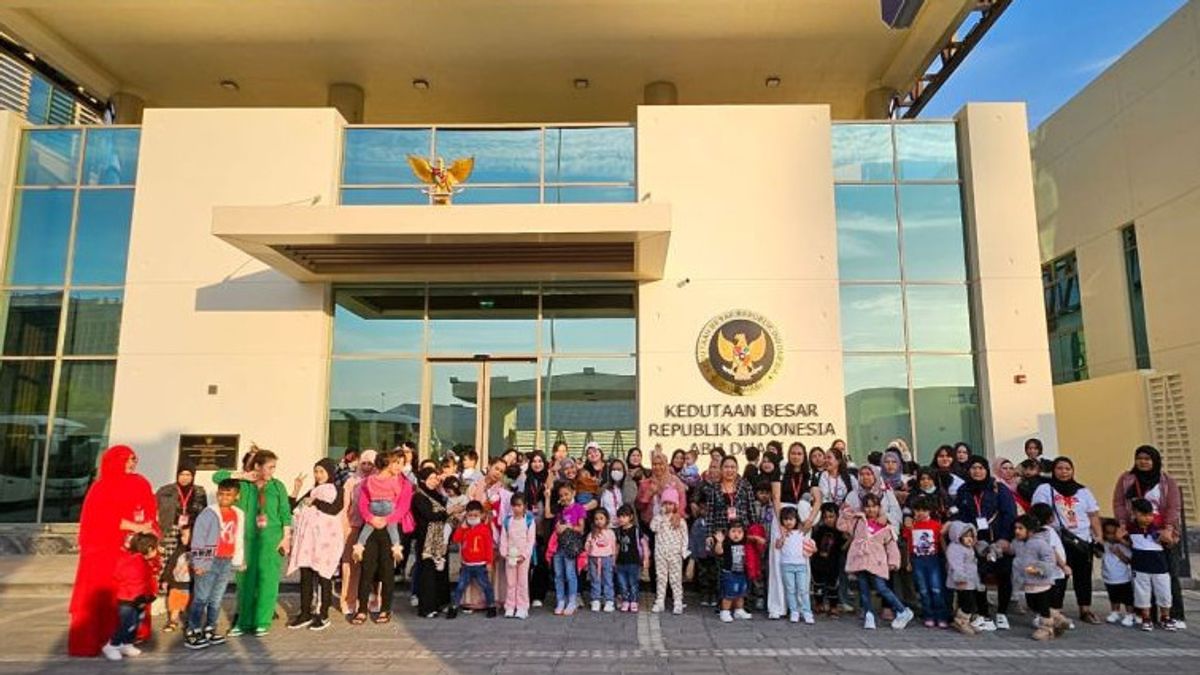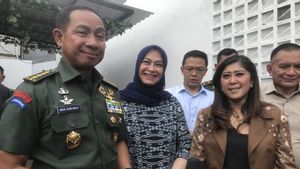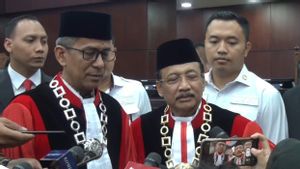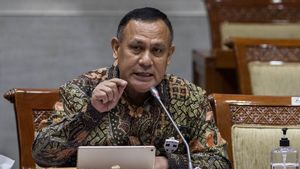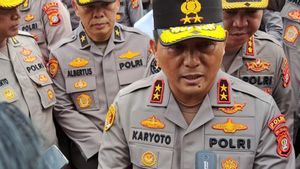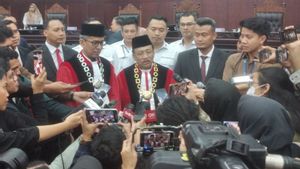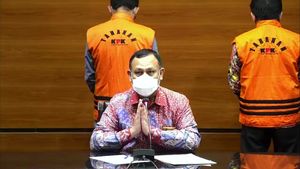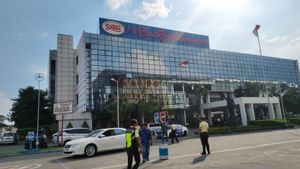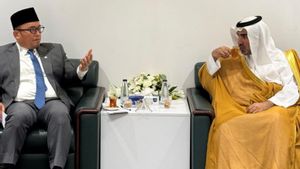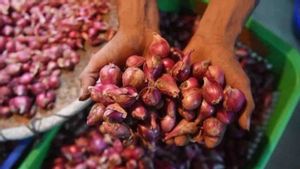The Indonesian Embassy (KBRI) in Abu Dhabi facilitated the repatriation of 101 Indonesian citizens (WNI) who exceeded the residence permit (overstay) in Abu Dhabi, United Arab Emirates (UAE).
According to a press release from the Indonesian Embassy in Abu Dhabi, 101 Indonesian citizens consist of 46 mothers and 55 children, both babies and toddlers. This repatriation is carried out in facilitation and cooperation between the Indonesian Embassy and the UAE Immigration Authority.
The repatriation was carried out on November 12, 2023 using SriLankan Airlines flights from Abu Dhabi and transits in Colombo, Sri Lanka. They are scheduled to arrive at Soekarno-Hatta International Airport, Banten, Monday, November 13, 2023.
Upon arrival in Jakarta, the 101 Indonesian citizens will be handled by the Indonesian Migrant Worker Protection Agency (BP2MI), which will then arrange for their repatriation to their respective regions.
The majority of the individuals who were repatriated came from Cianjur, Karawang, and Sukabumi.
The process of repatriating Indonesian citizens from the UAE was accompanied by representatives of the two governments to ensure the smooth return process, from the time of flight to arriving in Indonesia.
The Indonesian Ambassador to UEAHusin Bagis expressed his gratitude for the cooperation of all parties who have helped so that this repatriation was carried out.
"This return is carried out with the support of various parties, and is a tangible form of the commitment and presence of the state in protecting its citizens," said Husin.
VOIR éGALEMENT:
According to the Indonesian Embassy, Indonesian citizens who were repatriated with their children had undergone a DNA test by the Indonesian Police International Relations Division in June 2023, to ensure that the child brought home was a biological child.
DNA tests are carried out considering that their marriage is not officially registered in the population administration system in the UAE or Indonesia. This step is also taken to protect children's rights, including in obtaining proper education.
"Therefore, they are sent back to their homeland so that they can be close to their families and their children's educational rights can be assisted by the state," said Husin.
The English, Chinese, Japanese, Arabic, and French versions are automatically generated by the AI. So there may still be inaccuracies in translating, please always see Indonesian as our main language. (system supported by DigitalSiber.id)
